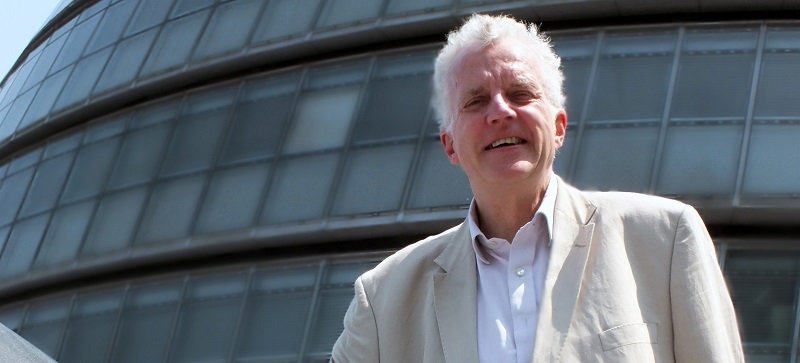Remember the expressions ‘joined up government’ and ‘integrated transport’ which were used so much in the early days of New Labour’s administration?
Neither of these are much in evidence today, as witnessed by their absence in the paper on new communities, Sustainable communties, building for the future, produced by John Prescott, the Deputy Prime Minister.. Indeed, it is surprising, given that Prescott headed the joint environment and transport department during the whole of Labour’s first term, that there is so little consideration of transport in the document.
That is not entirely Prescott’s fault. Insiders report that there were furious rows between the Office of the Deputy Prime Minister and the Department for Transport, backed inevitably by the parsimonious Treasury, as Prescott had wanted to include specific transport schemes to go along with the development of the four growth areas identified in the report – Thames Gateway, London – Stansted – Cambridge, Milton Keynes and Ashford.
Government, of course, does not work that way. Departments jealously guard their territory and this little episode highlights the difficulty for Prescott’s new department which is operating in various interstices between longer established Whitehall empires.
With Tony Blair backing Prescott, as he is particularly keen on the regeneration of the Thames Gateway, the Department eventually agreed something of a compromise. Now the 10 year transport plan, last revised in 2002, will be reviewed again with an emphasis on the ‘longer term transport infrastructure needs of the four growth areas’.
However, the Department for Transport is already in a deep financial mess and in practice the commitment may prove meaningless. The 10 year plan is little more than a list of the available resources for transport, with the hope that there will be lots more money from the private sector for transport schemes. However, given the crisis on the railways and the return to conventional funding for road schemes, little private money is likely to be available. Therefore there is already a shortfall in the plan, as witnessed by the £312m cut to the railways announced in December, making any additional commitment on Prescott’s pet schemes unlikely. Adding large schemes from Prescott’s new communities will either mean cutting existing ones or raiding the Treasury, an unlikely prospect given the current cost overruns on the rail network and the overall shortage of funds post war…
For example, one of the hoped for schemes is a light rail network for Milton Keynes. These do not come cheap, starting at a cool £200m. Moreover, MK’s light population density makes it unsuitable for such a project, something which transport officials will have pointed out. The trouble with such schemes is that it is not up to the ODPM to push them forward, but the Department for Transport, which has a host of other priorities.
Another example is the domestic train service from Ashford which is supposed to run on the new Channel Tunnel Rail Link when it is completed in 2007. There are serious doubts about whether there is any money in the SRA to fund them and indeed the SRA’s managing director, Jim Steer, said recently on BBC Radio Kent that ‘if there were severe constraints on rail spending’ there may be no services.
The lack of joined up thinking is highlighted by the fact that Milton Keynes is the hub of a planned reopening of the railway from Oxford to Cambridge. However, the SRA has just rejected that scheme and, moreover, a week after Prescott’s announcement, postponed plans to start running trains to Corby, another key area for growth because of the cut to the railway budget.
The biggest transport decision affecting the Thames Gateway is the London Crossrail scheme, estimated at £10bn. If that does not get the go-ahead, the whole plan will be put in doubt. The problem is that rail and light rail schemes are complicated to fund and require long term planning but this is less the case with roads. Therefore, according to Stephen Joseph, director of Transport 2000, the public transport lobbying group, ‘there is a real danger that the road will be built, but that any public transport schemes will not, perpetuating the current transport imbalance.’ John Prescott will have to work hard to ensure that his new communities are not just as car-dependent as most of the old ones.
